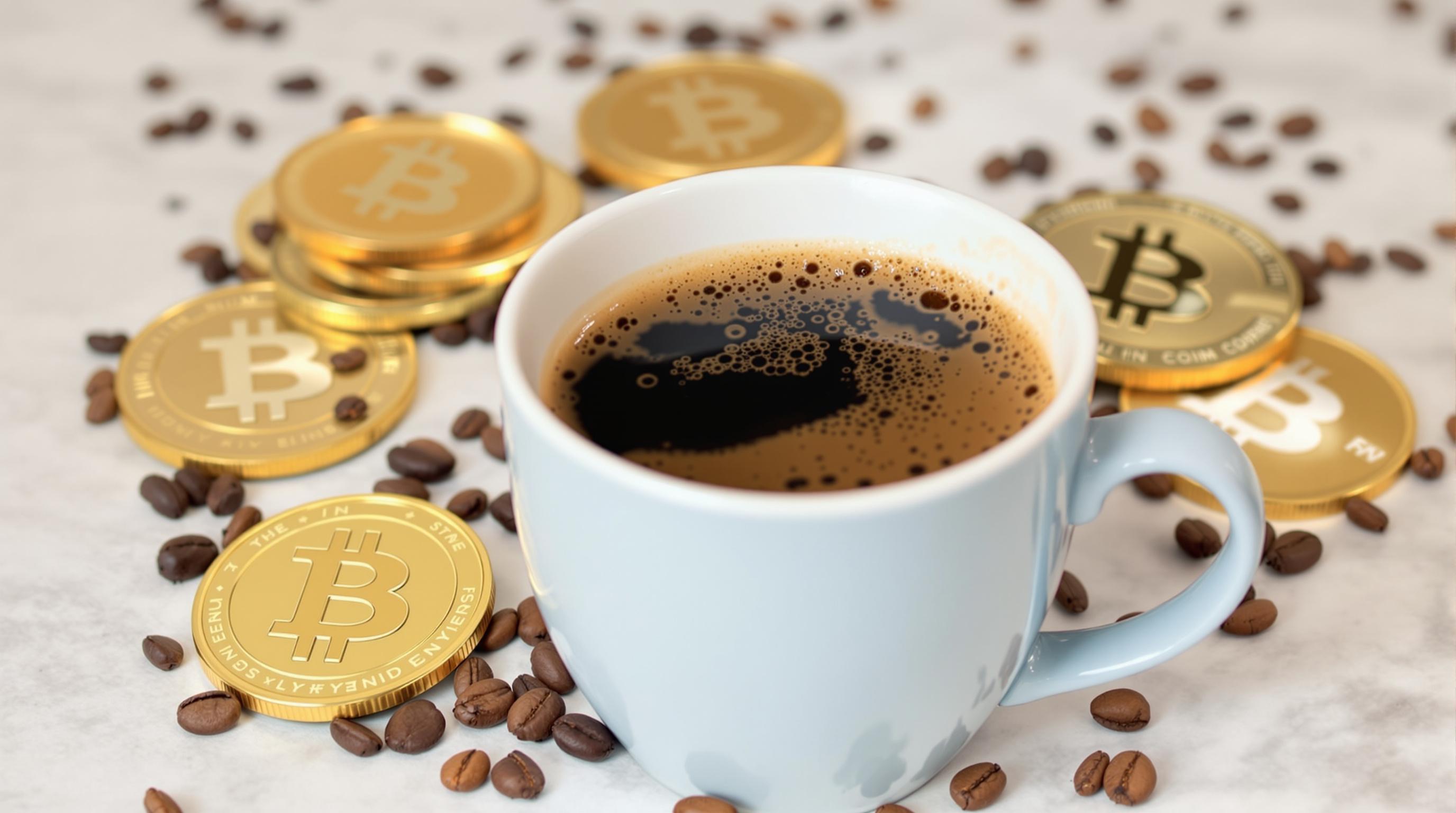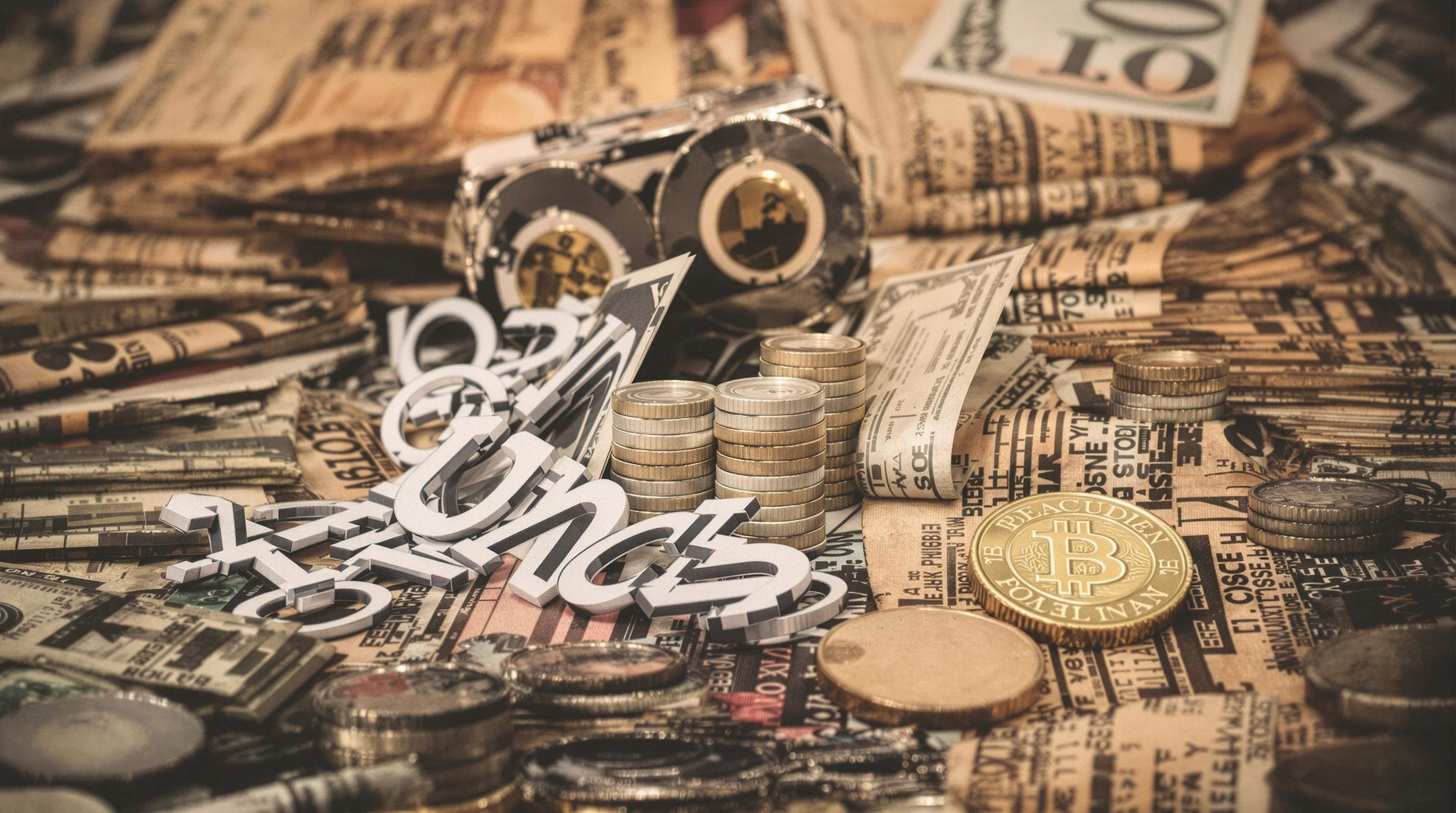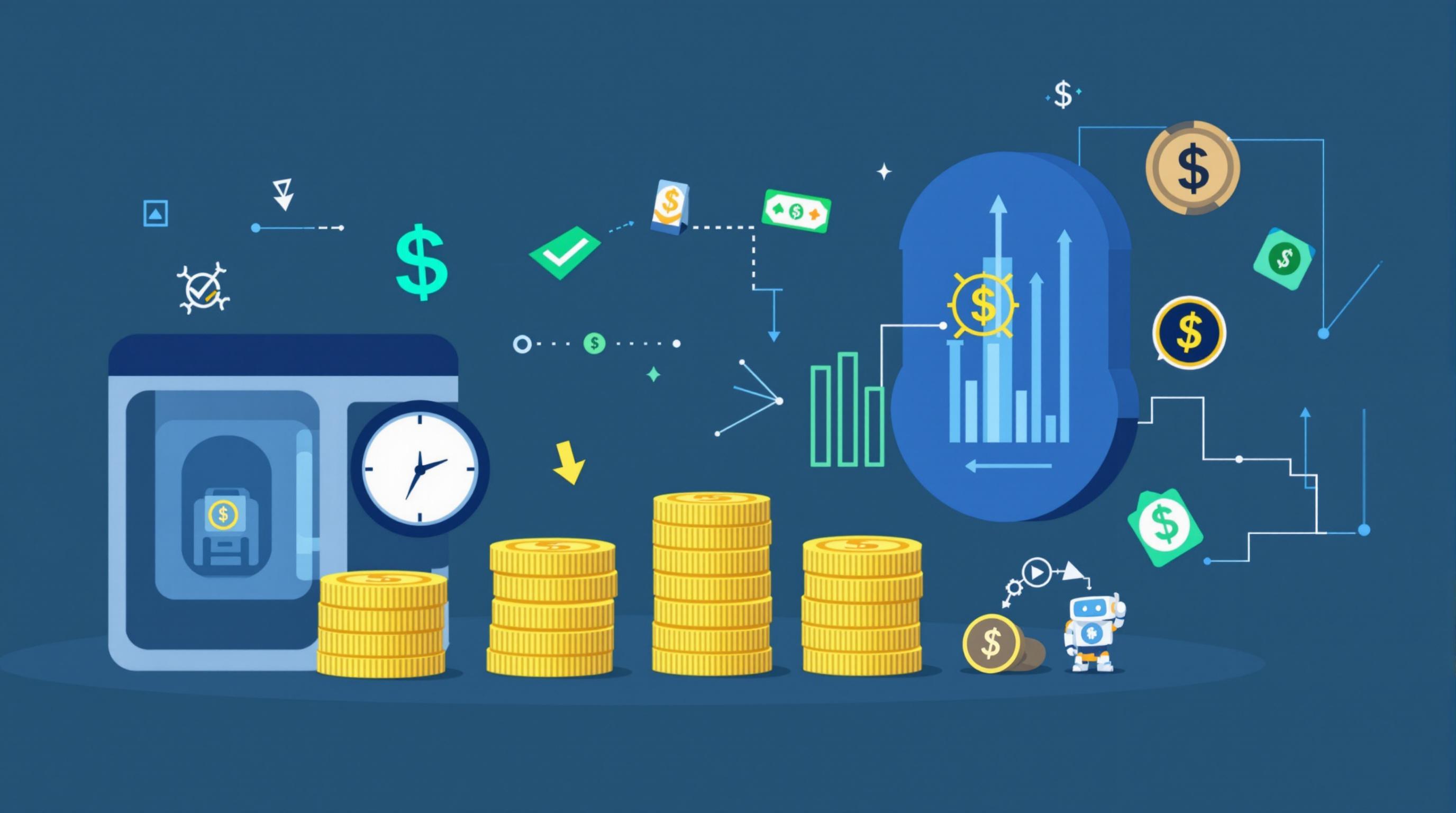Related Articles
- When Ancient Trade Routes Resurface: Unexpected Lessons for Modern Commerce and Global Economic Resilience
- When Artifacts Become Currencies: The Intriguing Trade Between Antiquities and Emerging Markets
- Beyond Borders: Unconventional Partnerships Transforming Trade Strategies in the Age of Globalization
- The Rise of Shadow Economies: How Informal Trade Networks are Disrupting Global Market Structures
- Cryptocurrency and Society: Understanding the Hidden Costs of Digital Assets on Community Well-Being
- The Surprising Role of Cultural Narratives in Shaping Investment Choices and Financial Preferences
Cryptocurrency and Coffee: How Your Daily Brew Can Influence Investment Strategies and Economic Mindsets
Cryptocurrency and Coffee: How Your Daily Brew Can Influence Investment Strategies and Economic Mindsets
In the ever-evolving world of finance, the relationship between cryptocurrency and coffee can determine the outcomes of investment strategies and influence economic mindsets. This article explores this intriguing connection through various lenses, including case studies, statistics, and narratives, while offering insights into how your daily brew can shape financial futures.
The Morning Brew and Market Movements
Many traders and investors have rituals that they believe enhance their decision-making processes. For some, the early morning cup of coffee is not just a caffeine fix but also a catalyst for market analysis. A 2020 study by the National Coffee Association revealed that 62% of Americans drink coffee daily, and among them, a significant number are part of the trading community. But how does this love for coffee translate into investment strategies?
Wake Up and Smell the Trends
Jerry Smith, a 32-year-old crypto enthusiast and coffee shop owner in Austin, TX, starts his day by sipping an espresso while reviewing market trends. He's observed a peculiar correlation—on days when his shop sells more coffee, Bitcoin (BTC) prices seem to rise. Coincidence? Perhaps. But Jerry notes in his blog that mental clarity, inspired by caffeine, often prompts quicker and more decisive trading actions.
Statistical Sleuthing
According to a study by the Economic Research Institute, fluctuations in coffee prices can directly influence consumer spending habits, which in turn affect cryptocurrencies as consumers look for better investments. For example, in early 2021, when coffee prices soared globally due to supply chain disruptions, there was an uptick in BTC investments, with a 15% increase in transactions as people sought to "put their money to work." This shows that the economic effects of our caffeine habits might ripple into cryptocurrency markets.
Investors and Innovators: Brewing Ideas
Let's not forget the worlds of blockchain and coffee are intersecting more visibly. The Coffee Blockchain Coalition aims to create transparency in the coffee supply chain, allowing consumers to trace their morning brew back to the farm with ease. This initiative not only promotes ethical sourcing but is also a savvy investment in the blockchain tech sector that capitalizes on coffee's ubiquity.
The Economics of Coffee: A Gateway to Cryptocurrency?
The sheer scale of the coffee market is staggering. In 2020, the global coffee market was valued at USD 102.15 billion and is expected to reach USD 155.64 billion by 2027 (source: Fortune Business Insights). Given these figures, imagine if just a fraction of coffee consumers turned their eyes toward cryptocurrencies—what a market that would create!
Cryptocurrency as the New Coffee Currency
In the realm of crypto, there’s a burgeoning idea that digital currencies could serve as alternatives for coffee purchases. Starbucks, for instance, has been flirting with the idea of allowing customers to pay in crypto. With the rise of user-friendly wallets and exchanges, more consumers might soon find themselves casually converting their morning coffee budget into investments, often without even realizing it.
Perception is Everything
Have you ever noticed how certain brands curate a lifestyle? The premium coffee shop, aesthetic latte art, and bespoke playlists create an environment that feels luxurious. Similarly, cryptocurrency projects often market themselves in a manner that evokes a sense of exclusivity and innovation. The common thread here is perception—one that can sway consumers from traditional coffee buying towards crypto investment.
A Caffeine Kick for Creative Minds
Consider the story of Annabelle, a 25-year-old graphic designer and part-time crypto trader. She sips her flavored latte at her local café while studying cryptocurrency trends on her tablet. The caffeine stimulates not just her body, but her creativity, allowing her to devise unique trading strategies. “I’ve come up with some of my best ideas during these coffee-fueled brainstorming sessions,” Annabelle says, crediting her daily caffeine kick for her budding crypto portfolio.
A Cultural Perspective on Coffee and Crypto
The social aspect of coffee drinking can’t be ignored either. Coffee has historically served as a meeting point—business meetings, casual catch-ups, and even pitch sessions. Many crypto startups begin over a cup of joe, where ideas take flight amidst the aroma of freshly brewed coffee.
Networking over Lattes
In fact, a 2019 report by PwC found that 42% of entrepreneurs formed valuable partnerships or investments while engaged in social activities like coffee meetings. Whether it’s discussing blockchain technology while sipping a cold brew or strategizing an ICO over a cappuccino, coffee facilitates connections that could lead to unprecedented opportunities in the crypto space. The concept of ‘coffee networking’ could easily find itself a place as a legitimate investment strategy.
For the Younger Generation: Crypto Meets Coffee
For the Gen Z crowd, the increasing integration of coffee culture with cryptocurrency aligns perfectly with their digital-first mindset. They often seek authentic experiences while investing in assets with perceived growth potential. Imagine a coffee shop that not only sells drinks but also educates patrons about cryptocurrencies. What a way to inspire young investors to take their first steps into the world of digital currency!
Bridging the Gap: Coffee Shops as Crypto-Infused Community Hubs
Picture this: local coffee shops offering workshops on how to buy Bitcoin or Ethereum while fostering a sense of community among young investors. A study conducted by the International Journal of Community Well-Being found that social engagements significantly boost overall satisfaction and economic confidence. Coffee shops can become breeding grounds for informed investment discussions, leading to a more financially literate generation.
Handling Volatility with a Full Cup
A common complaint among cryptocurrency investors is market volatility. Enter coffee—an affordable indulgence providing daily comfort. A light-hearted metaphorically puts it: “Would you have as many panic attacks over crypto crashing if you were sipping a comforting latte?” In tough times, the comforting ritual of coffee could provide an emotional buffer against stress while traders stay glued to their screens, navigating market fluctuations.
The Aroma of Future Trends
Let’s fast-forward to the future. What if we lived in a world where coffee producers accepted cryptocurrencies for their beans? What if blockchain technology streamlined the supply chain, providing real-time data for both producers and consumers? These futures may not be as far off as they seem.
Food for Thought
Imagine walking into a Starbucks and placing your order with a scan of your Bitcoin Wallet QR code. Or think of a world where coffee farmers earn their livelihoods through transparent, direct transactions facilitated by blockchain. It’s not just a fantasy; it’s a potential reality that many visionaries are working towards.
The Bottom Line: Drink Responsibly, Invest Wisely
Ultimately, as with any investment, the connection between coffee and cryptocurrency requires a balance of ambition and caution. It’s easy to get swept up in the excitement of a new trend, but responsible investing is key. Just as you wouldn’t down a venti cup of espresso in one go, a thoughtful approach to crypto investments can help you navigate the complex world of financial opportunities.
Morning Rituals: A Gateway to Mindful Investing
In conclusion, whether you’re a seasoned trader, a casual investor, or new to cryptocurrencies, consider this: the next time you sit down with your coffee, take a moment to reflect on how that simple ritual plays a role in your economic mindset and investment strategy. Who knows? Your next big investment idea might just be brewing.





